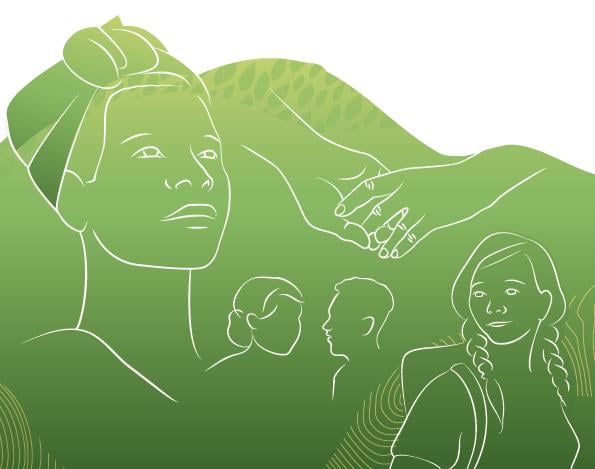Introduction

This Action Plan provides guidelines for Norway’s efforts to promote women’s rights and gender equality in foreign and development policy. In reference to girls and women in this Action Plan, it encompasses girls and women in all their diversity, irrespective of ethnicity, age, disability, sexual orientation, gender identity and expression. The Action Plan aims to contribute to achieving the Sustainable Development Goals by 2030, particularly Goal 5, on women’s rights and gender equality.
The rights of girls’ and women and gender equality are about the just and equitable distribution of power, influence, and resources irrespective of gender. A gender perspective helps in understanding how norms, attitudes, traditions, institutions, structures, reforms, and measures may affect genders differently, and how individual opportunities are affected.
Women possess expertise, resources and perspectives that benefit society, as leaders, entrepreneurs, politicians, primary earners and partners. Strengthening the role of girls and women in society optimises the utilisation of resources they possess. Working for girls’ and women’s rights and gender equality means working towards equality, freedom, power, opportunities and living conditions for all.
Girls and women all over the world face obstacles imposed by gender norms and other structural barriers. Women and men are not homogenous groups - having different experiences, needs, views and interests, depending on factors such as class, social background, ethnicity, disability and age. These experiences and needs are not only different, but also opposing. In many cases, different grounds of discrimination may interact and reinforce each other, increasing the risk of exclusion and discrimination. Examples include age, disability, religion, ethnicity (including physical appearance), sexual orientation and gender identity.
Discrimination and gender inequality also impacts boys and men. In certain societies, individuals are constrained by inflexible gender roles that impede their ability to make independent choices. Boys and men, particularly those defying gender role norms, are also affected by sexual and gender-based violence. A lack of gender equality and restrictive norms on masculinity may provoke behaviours that harm women. Emphasising positive masculine norms may reduce negative behaviours and violence, while improving the lives of men, their partners, children and local communities.
Imbalance in the just and equitable distribution of power between women and men restricts women’s autonomy and impedes their access to and control over resources and income. This disparity affects women’s participation in decision-making processes and exercising their right to sexual and reproductive health. Gender inequality manifests itself in discriminatory laws, norms, attitudes and practices evident within the family, labour market and in educational choices.
Girls and women face living conditions marked by poverty, limited land rights and less access to health services, food security and education compared to their male counterparts. Girls and women face a substantially higher risk of being subjected to violence and child marriage. They are also vulnerable to female genital mutilation and unwanted pregnancies. The Covid-19 pandemic has exacerbated existing inequalities between women and men1 with domestic violence surging globally, and particularly affecting women. Climate change and conflicts have the potential to further exacerbate gender inequality given that women frequently experience a disparity in access to resources and opportunities in influencing the political agenda in comparison to men.
Various well organised and influential actors, including right-wing forces and certain religiously motivated organisations and alliances, promote a conservative agenda on gender equality and sexual and reproductive health and rights (SRHR). These well-funded actors, who work internationally, believe that family values, culture and tradition are threatened by countries and groups promoting gender equality. Their mobilisation efforts are particularly focused on sexual and reproductive health and rights, including abortion rights and comprehensive sexuality education, the freedom to promote gender and sexual diversity and fundamental rights for LGBT+ people. This is taking place across the board in countries where rights are to be realised and in multilateral forums where normative frameworks are negotiated. Norway must work on both fronts, ensuring that there is a connection between our national and international commitments. We must respond more rigorously to attempts that impede women’s rights and gender equality.
Norway maintains a comprehensive approach to women’s rights and gender equality. Efforts in women, peace and security are detailed in Norway’s National Action Plan “Women, Peace and Security (2023-2030).”2 Efforts for women in humanitarian settings are covered more fully in Norway’s Humanitarian Strategy. 3